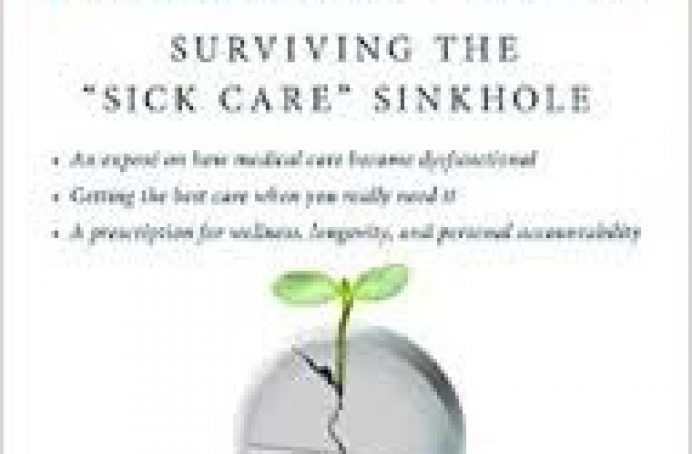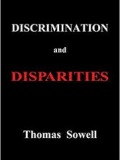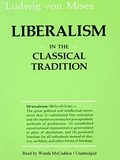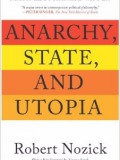
The Primal Prescription
It’s no secret that the U.S. health care system is in a state of disrepair, but the rabbit hole goes deeper than even the staunchest critics may realize. In Primal Prescription, authors Doug McGuff, MD and Robert P. Murphy, PhD, combine their expertise in economics and medicine to offer a shocking, disturbing, and ultimately enlightening view into America’s health care system. You’ll discover the real history of what went wrong with U.S. health care and insurance, and why current efforts to clean up the mess are only making things worse.
But far from leaving you feeling helpless at the dismal―and sometimes deadly―state of affairs,Primal Prescription equips you with both the knowledge to understand the health care conundrum and the tools for navigating your way out of it. McGuff and Murphy offer an evidence-based “game plan” for taking control of your own medical care, protecting yourself and your loved ones regardless of what the future holds for the rest of the nation.
Whether you’re currently tangled in America’s broken health care system or simply trying to avoid its clutches, Primal Prescription is a must-have resource for taking your health into your own hands.
aboutLiberty Portal





